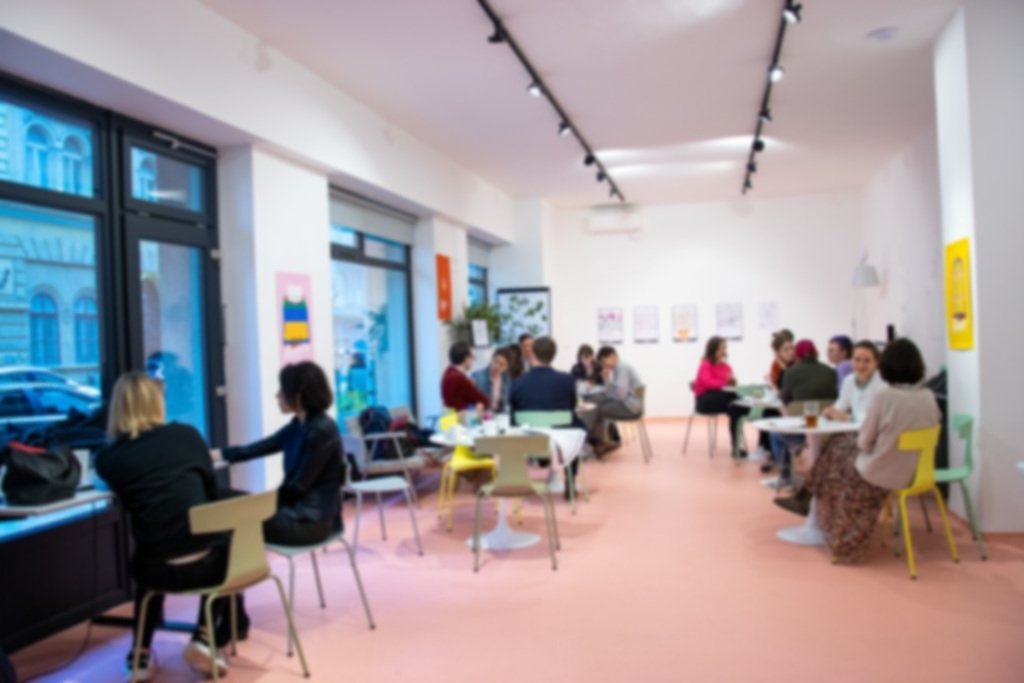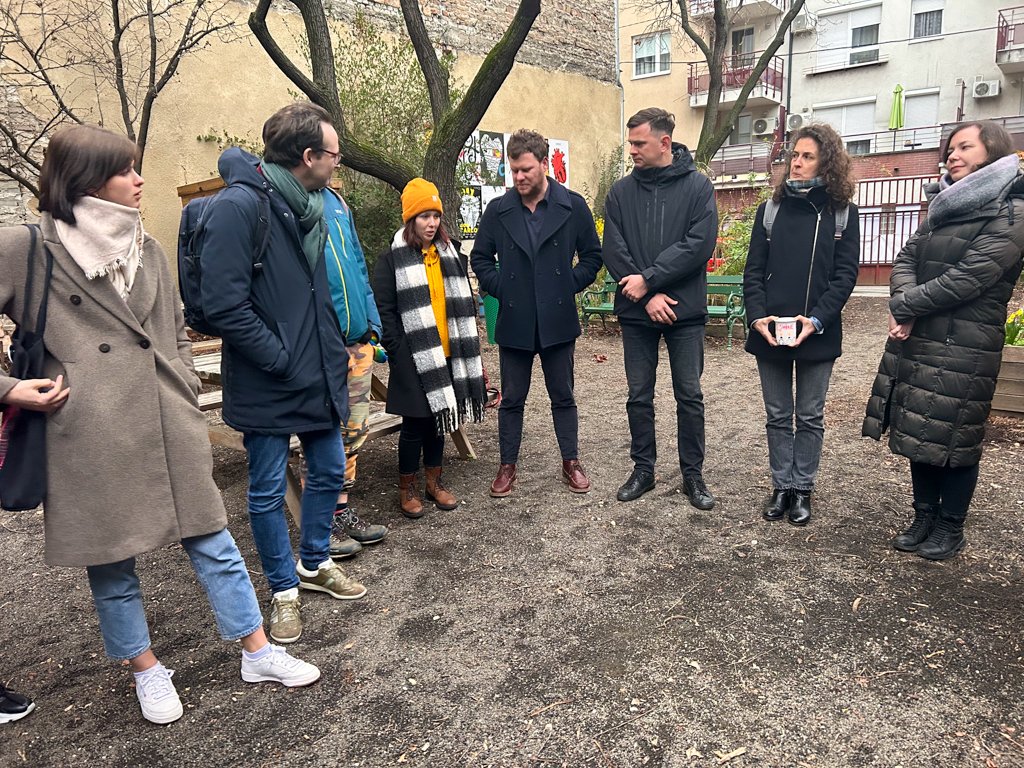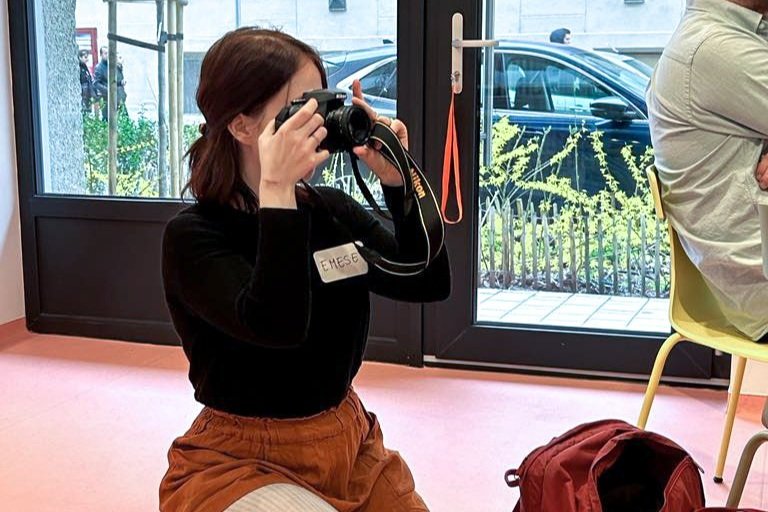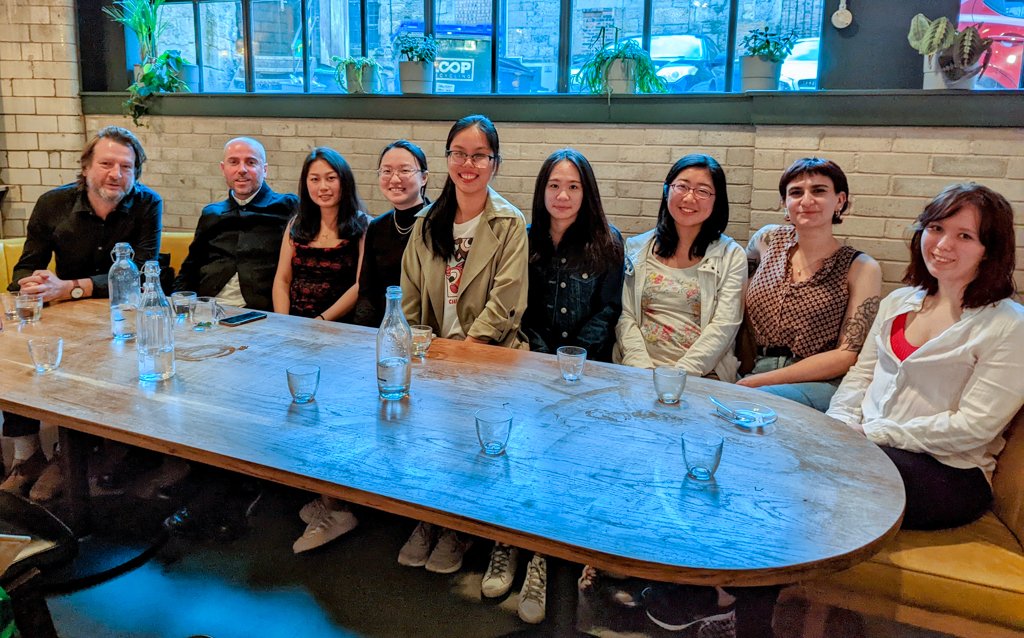
Design Thinking is the how,
Design Innovation is the what,
but Social Innovation is the why.
First encounter
with the Unknown
At six years old, sitting in the kitchen, watching my mom cooking lunch. This was our special time, the moments when she would answer my endless questions about the world.
"Mom, " I begin " why are we here? What is life? Why is it happening? What is it for?" — I remember struggling with phrasing the right question that expresses my wonders. I hoped mom understood it regardless my inaccuracy.
She pauses. "I don't know." she said simply.
I was honestly surprised. It was probably the first time that mom couldn't answer my questions. "You don't know? Then who knows? Do the scientists?"
She shakes her head. "No, not even the scientists. Nobody knows."
I just sat there, absorbing this new truth. Her words left me feeling a mix of confusion and awe. It was a strange and unsettling realization — that some questions cannot be answered. And then a thought settled heavily in my young mind: I might live my entire life without ever knowing the answers to these profound questions.
This early encounter with uncertainty fundamentally shaped my approach to life and work. As I grew older, my curiosity was leading to a shift from arts to my deepest passion: design and research. In this field, I found a perfect harmony between creativity, logic, and empathy— elements essential for navigating the ambiguous nature of human experiences.
Hungarian democracy is not much older than I am. In 2010, it was just twenty years old and experiencing a political crisis. I was 14, in my own teenage turmoil, with awakening political interest, however, more fueled by friends than by personal conviction.
One afternoon, I joined my friends in an underpass to hand out leaflets for Hungary's first green party. A passerby stopped and skeptically asked one of my fellow activists, "Why is your party even in politics? Governance is not just about green stuff and animal rights."
My colleague confidently replied, "Ecopolitics isn't just about the 'green stuff.' It's about integrating sustainability into all policy areas—economy, healthcare, education... It affects everything."
At the time, I nodded along, pretending to understand. But sustainability was still a new concept to me as well, and ecopolitics felt very abstract.
Ecopolitics and similar Nonsense
It wasn't until my late university years that I realized how these early experiences were a true privilege and fundamentally shaped my worldview. Civic activism has become an integral part of my life. This community taught me that democracy is a tangible, lived experience; politics can be enjoyable; and sustainability is deeply interconnected with economic, cultural, political, and socio-psychological dimensions.
These foundations shape my thinking today. My goal is to help others experience these concepts in a tangible and enjoyable way, demonstrating that active citizenship and democratic participation can be fun, and sustainable practices can enhance personal well-being.










